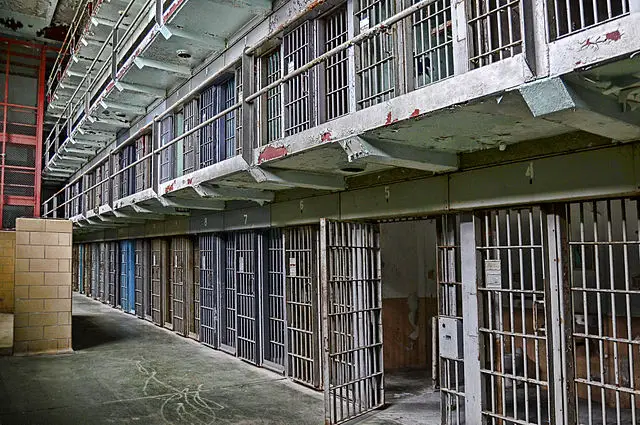The nation’s largest prosecutors organization is calling for the restoration of Pell grants eligibility for individuals behind bars.
According to a statement issued by the National District Attorneys Association (NDAA), the grant restoration would reduce recidivism while improving outcomes for individuals released from prison.
The organization backed Restoring Education and Learning (REAL) Act introduced by Sen. Brian Schatz (D-HI), Sen. Mike Lee (R-UT) and Sen. Dick Durbin (D-IL) that seeks to end a two-decade-long ban imposed on Pell Grant assistance for incarcerated individuals.
“Congress needs to fully restore federal Pell grant eligibility for prisoners as the next step in criminal justice reform as we work to continue to prioritize the safety of the communities our members serve,” the statement said.
According to a Rand Corporation report, inmates who participate in educational programs while in prison are 43 percent less likely to recidivate than those who do not.
Prosecutors are also working with lawmakers and advocates to find ways through which incarcerated people are integrated back into society.
A recent survey conducted by the Vera Institute of Justice and the Georgetown Center on Poverty and Inequality found that restoring access to Pell Grants for individuals in state prisons could have seriously positive impacts within the realm of criminal justice reform.
Out of the 64 percent, the report found only 9 percent of incarcerated individuals who are academically eligible to enroll in a postsecondary education program receiving a certificate or an associate degree while in prison.
Texas to Make FAFSA Completion a Requirement for High School Students

